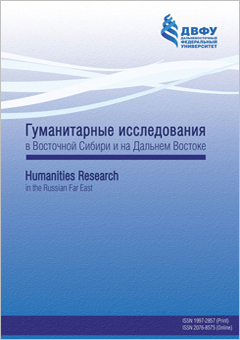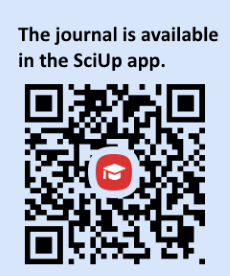The dialectics of rupture: Malabou’s plasticity and the rethinking of Hegelian teleology
DOI:
https://doi.org/10.24866/1997-2857/2025-3/100-107Keywords:
dialectics, plasticity, teleology, C. Malabou, G.W.F. Hegel, subjectivity, rupture, temporalityAbstract
The article analyzes the reception of Hegelian philosophy in contemporary thought, focusing on the radical rethinking of dialectics and teleology proposed by French philosopher Catherine Malabou. It begins by examining critiques of the Hegelian system from poststructuralist and liberal thinkers, who perceived its teleological completeness as a threat to pluralism, freedom, and historical openness. In response to these critiques, the study explores Malabou’s concept of plasticity as an alternative framework – one that transcends the rigid teleology of classical dialectics by incorporating elements of rupture, destruction, and biologically conditioned symbolization. The paper further traces how Malabou integrates Hegelian becoming with deconstruction and neuroscience, proposing a new ontology in which the biological and the symbolic coexist as equal modes of being. Ultimately, the authors argue that Malabou’s philosophy offers a path for transforming, rather than rejecting, the Hegelian system, thus preserving its dialectical potential within a post-metaphysical context.
Downloads
References
1. Агамбен Дж. Homo sacer. Суверенная власть и голая жизнь. М.: Европа, 2011.
2. Азарова Ю.О. Гегель и Деррида: философия, язык, рефлексия // Философский журнал. 2015. Т. 8. № 2. С. 82–111.
3. Берлин И. Историческая неизбежность // Берлин И. Четыре эссе о свободе. Лондон: Overseas publications interchange ltd, 1992. С. 135–231.
4. Грей Дж. Поминки по Просвещению. Политика и культура на закате современности. М.: Праксис, 2003.
5. Делез Ж. Различие и повторение. СПб.: Петрополис, 1998.
6. Поппер К. Открытое общество и его враги: в 2-х т. Т. 2. М.: Феникс; Культурная инициатива, 1992.
7. Braidotti, R., 2013. The posthuman. Cambridge: Polity Press.
8. Berlin, I., 1978. Karl Marx: his life and environment. Oxford: Oxford University Press.
9. Berlin, I., 2000. Two concepts of liberty. In: Berlin, I., 2000. The proper study of mankind: an anthology of essays. New York: Farrar, Strauss and Giroux, pp. 191–242.
10. Gray, J., 1989. Liberalisms: essays in political philosophy. London: Routledge.
11. Malabou, C., 2005. The future of Hegel: plasticity, temporality and dialectic. London: Routledge.
12. Malabou, C., 2019. Morphing intelligence: from IQ measurement to artificial brains. New York: Columbia University Press.
13. Malabou, C., 2012. The new wounded: from neurosis to brain damage. New York: Fordham University Press.
14. Malabou, C., 2010. Plasticity at the dusk of writing: dialectic, destruction, deconstruction. New York: Columbia University Press.
15. Malabou, C., 2008. What should we do with our brain? New York: Fordham University Press.
Downloads
Published
Issue
Section
License
Copyright (c) 2025 Ольга Леонидовна ГРАНОВСКАЯ, Илья Геннадьевич БЕСПАЛОВ

This work is licensed under a Creative Commons Attribution-NonCommercial-NoDerivatives 4.0 International License.















